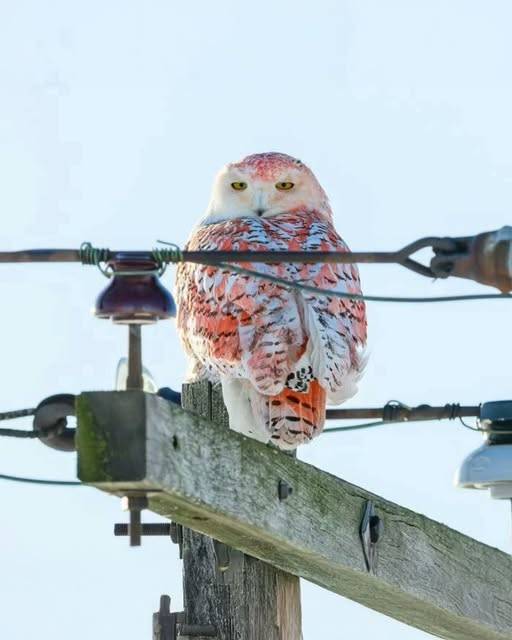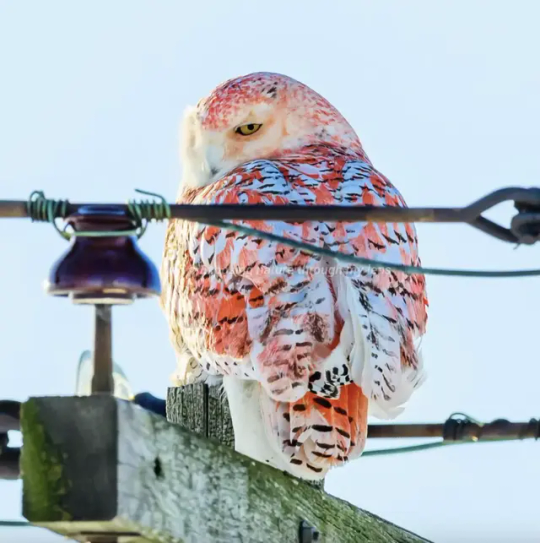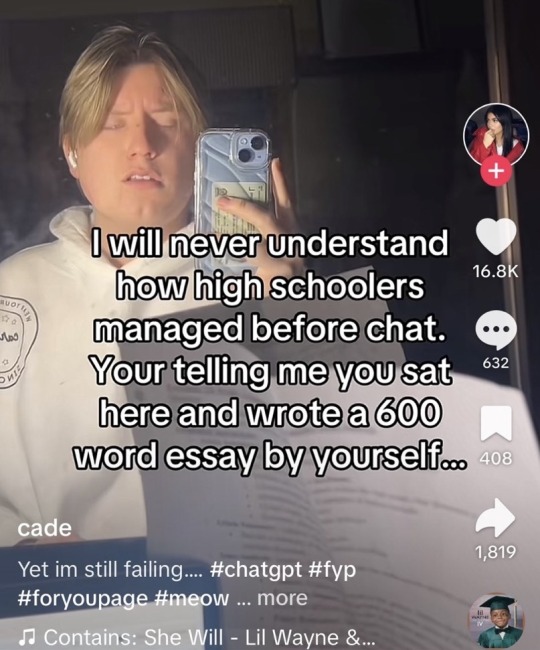i regularly post nsfw under #art // bad at tagging // minors fuck off //all hours are playboyy posting hours
Last active 60 minutes ago
Don't wanna be here? Send us removal request.
Text
Absolutely nothing worse than finding out that you share interests with someone you hate. Has you thinking things like fuck you I'm better at enjoying star wars than you are
#but counterpoint#when your beloathed shares a fandom and keeps reblogging your posts#that's right i am the one who is right about the shared fandom#recognize my accuracy and superior opinions!
69K notes
·
View notes
Text
Chat, is this true?

#laugh rule#the spn gif got me#this is part of why my blog subtitle is “built to fuck granddads and sluts”#rent lowering gunshots for my own tumblr
9K notes
·
View notes
Text
i think about this very often to but to be alive is such a privilege. you can smell flowers, eat freshly baked cookies, lose yourself in the pages of a new book, listen to heartwarming music and read soul crushing poetry, meet kind and funny people, learn something new. i think the miracle is in waking up every day
9K notes
·
View notes
Text
it’ll be fine I just have to be a shaking terrified animal about it
16K notes
·
View notes
Text
Finding out that World Athletics pays $100k every time a new world record is set so so Mondo Duplantis has just been setting it 1cm at a time from 6.17m to 6.25m in the past 4 years is so funny??? Finessing 1 million dollars 1 cm at a time even though he can clearly go higher at one shot???? #respect
45K notes
·
View notes
Note
seeing strange fetishes im not into on my dash is like observing an edible herb on a walk. Hmm. someone wise ☝ could make use of this... but i shan't 👴
you paint such a beautiful picture with your words anon thank you
45K notes
·
View notes
Text
I believe that attitudes towards art will always come to impact other academic areas
“the curtains are just blue” okay and this study proving known carcinogens are “good for you, actually” paid for and published by scientists funded by a major producer of those materials is probably totally objective too
#i agree with this#but the original sentiment of “the curtains are just blue” is the idea that _sometimes_ the curtains are just blue#and other times the author has made an intentional choice to make the curtains blue in order to reflect larger themes#the curtains are just blue was never intended to dismiss _all_ setting choices as meaningless
4K notes
·
View notes
Text


@hajime_shibari
1K notes
·
View notes
Text


One-Of-A-Kind Orange Snowy Owl Leaves Scientists Scratching Their Heads
Wildlife photographer Julie Maggert has been taking pictures of snowy owls for years. So when she heard that a strange, orange-colored snowy owl had been spotted flying around Michigan’s Thumb area, she knew she had to see the bird for herself. Maggert drove two hours out to where the owl had been observed. Before long, she spotted her in the middle of a field. She couldn’t believe her eyes — she really was orange...
Read more: One-Of-A-Kind Orange Snowy Owl Leaves Scientists Scratching Their Heads - The Dodo
17K notes
·
View notes
Text


Bruce Springsteen
12 notes
·
View notes
Video
when a baby is crying in the background and you use slow it down on snapchat
618K notes
·
View notes
Text
Ok this might be a bit of a weird question but I keep arguing with my mom and sis about this so I need y'all to answer this
[For context my mom and sis keep telling me I shower for too long but my showers are usually 45 minutes to an hour]
(edit: *your showers not you showers)
#it depends on my ability level#the better i feel the longer the shower is#if i had a choice i'd take 45 minute showers#i usually put the water on colder for about half of it#makes me feel awake and invigorated#i don't do this if i'm sore tho#the cold water just hurts then
8K notes
·
View notes





